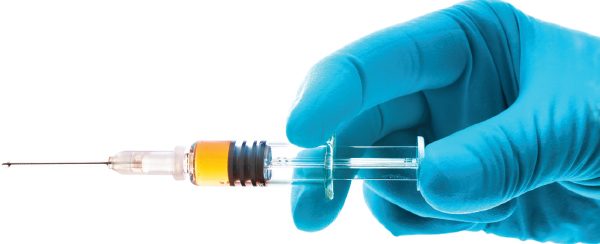
Hello. My name is Dr Suzanne Murphy, I’m a local GP working in Irishtown Primary Care Centre alongside Dr Tony O’Sullivan and living locally too. Public health and women’s health are special interests of mine.
Recently, the HPV vaccine has been in the news, perhaps raising concerns amongst patients about it. I would like to share some knowledge and information about the vaccine and the virus to answer some questions patients may have.
HPV or Human Papilloma Virus is an infection that is spread by direct contact with someone who has the virus. The most common way this occurs is through sexual contact. It is a common infection that many women will acquire but, thankfully most infections are cleared naturally by the body’s immune system over time.
Ireland has one of the highest rates of cervical cancer in Europe and approximately 90 women die each year from it, many of these young women. Treatment for cervical cancer is intensive and can include surgery, chemotherapy and radiotherapy.
The vaccine that is given in Irish schools at present is called ‘Gardasil’ and this gives protection against the two high-risk types of HPV (16 and 18) that cause the majority (70%) of cervical cancers.
It has been licensed for over ten years and over 200 million doses of this vaccine have been given worldwide since then.
All vaccines must go through comprehensive safety testing prior to being licensed and then they are continuously monitored and studied for side effects. Any problems that are reported are investigated fully to see if there is a valid link to the vaccine.
This vaccine is best given at the age of 12 or 13 years, as the studies show there is better uptake of the vaccine if given in schools. It is also important to give the vaccine before teenagers become sexually active and become exposed to the virus. Since it has been given in a school programme in Australia, the rate of cervical cancer has dropped by over 50%.
There are possible side effects of the vaccine. The side effects that we know can happen include: pain, redness or swelling in the arm where the injection was given. Headache can also occur. Recently, there are groups maintaining there are more serious side effects and this has been receiving media coverage. I can understand why parents are confused about whether to vaccinate their own teenagers now in light of this. Rarer side effects are usually some nausea or a rash. Severe allergic reactions or anaphylaxis are very rare and occurs in approximately one in every one million patients.
Worldwide, regulatory bodies including the World Health Organisation (WHO) report no increase in long-term medical conditions, including chronic fatigue syndrome in vaccinated compared to non- vaccinated girls. They maintain that the vaccine is extremely safe and that we should continue to vaccinate our teenage daughters to reduce their risk of developing this cancer.
What is Chronic Fatigue Syndrome (CFS)?
This is a condition that presents with severe tiredness for more than six months. The fatigue affects a person’s ability to do their normal day-to-day activities, such as go to school. It is more common in females and in younger teenagers.
Large studies in the UK, Norway and worldwide have investigated whether there is a link between the HPV vaccine and this condition. So far, none have found evidence to support this at this point in time. Unfortunately, this condition presents at or around the age at which the vaccine is given, which is why there may seem to be a link.
So, there is overwhelming evidence to support the safety and effectiveness of this vaccine. It is important that we continue to reduce our daughters’ risk of developing a potentially, life-threatening, cancer.
I can understand the questions and confusing thoughts that parents are having right now and as GPs, myself and Tony are happy to address these questions and listen to your concerns. Our door is always open and we welcome your questions.
More information on immunisation and the vaccine is available at www.hpv.ie
By Suzanne Murphy



